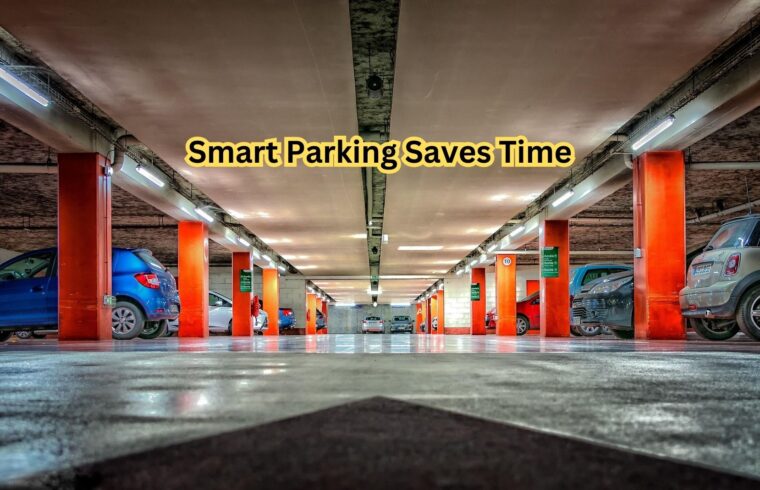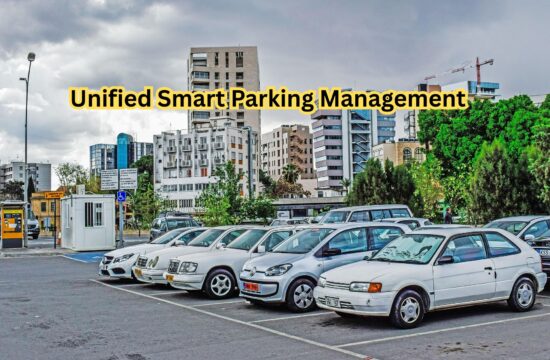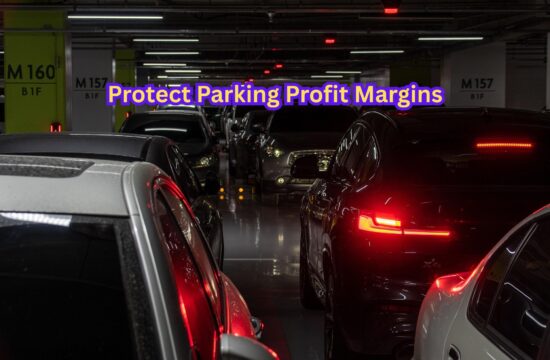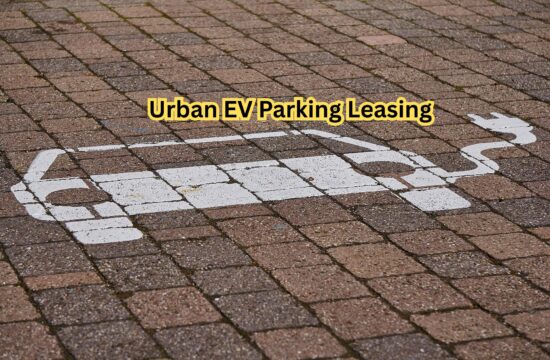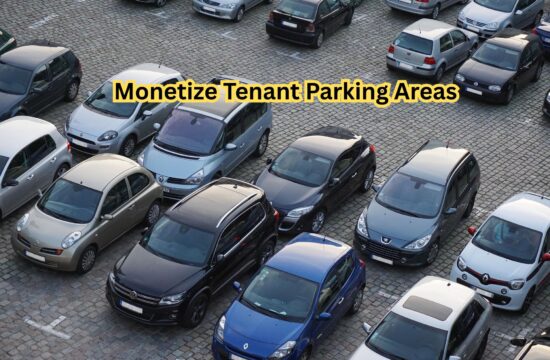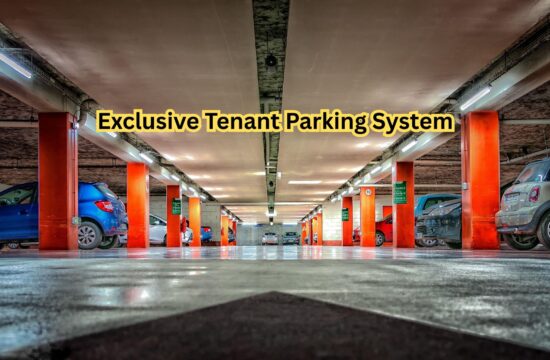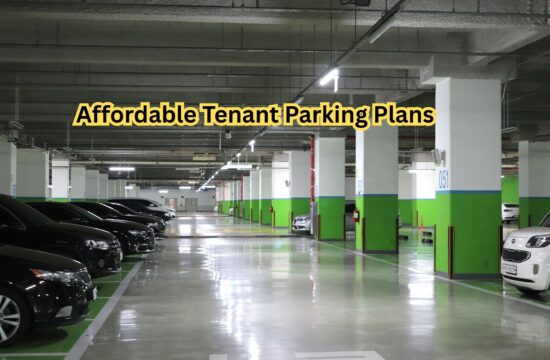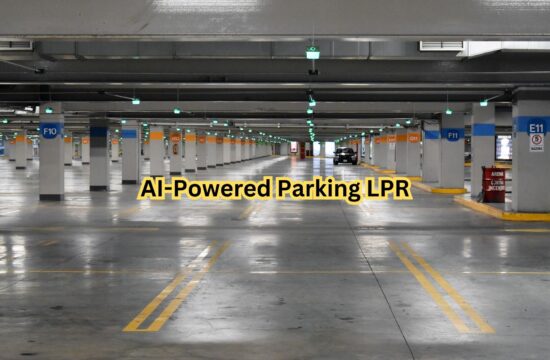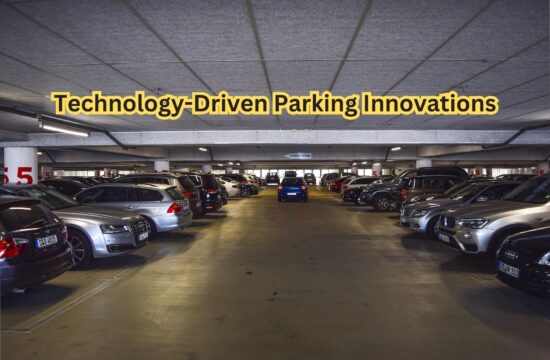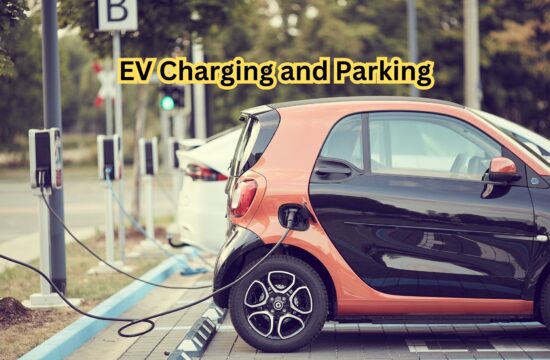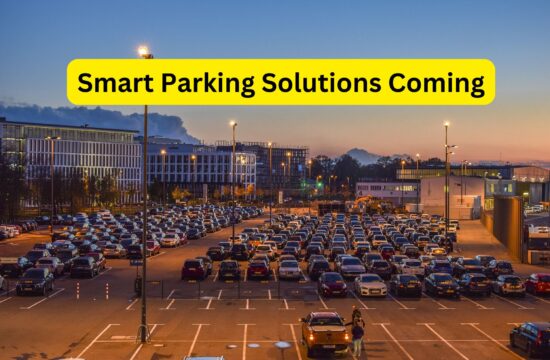Finding parking is frequently annoying and time-consuming in today’s hectic environment. Smart Parking Saves Time, especially in crowded urban areas where every minute counts. Effective solutions are crucial as cities become increasingly populated. By making parking faster, simpler, and less stressful, smart parking technologies are revolutionizing the experience. Smart Parking Saves Time by saving time, easing traffic, and enhancing overall convenience. These cutting-edge solutions provide a more intelligent approach to handling parking issues in cities. That’s why more people are turning to smart systems—because Smart Parking Saves Time.
What is Smart Parking?
Using sensors, cameras, and smartphone apps, smart parking is a technology-based solution that assists drivers in finding open spaces in real time. By providing real-time parking availability information, it cuts down on search time. In addition to reducing fuel use and alleviating traffic congestion, this effective approach makes urban travel faster, easier, and more ecologically friendly.
How Smart Parking Saves Time
Conventional parking techniques frequently require circling crowded places, which wastes time. By directing cars to the closest open place, smart parking eliminates this inconvenience. It speeds up, simplifies, and expedites the parking procedure with features like smartphone payments and advance bookings, which helps drivers in congested urban areas save time and feel less stressed.
Benefits Beyond Just Time-Saving
The main advantage of smart parking is time savings, but it also enhances traffic flow and reduces pollution. These technologies frequently result in less traffic in cities. Smart parking benefits businesses by increasing customer satisfaction, streamlining operations, and improving service delivery; this benefits both regular commuters and urban planners.
The Future of Parking
Smart parking is expected to proliferate as smart city projects grow. Parking will become even more smooth and effective with future advancements including upgraded user interfaces, AI-powered prediction systems, and integration with electric vehicle charging stations. Convenience, sustainability, and the general experience of urban transportation will all be enhanced by these developments.
Conclusion
Smart parking is a workable answer to a real-world issue, not just a passing fad. It helps city planners and drivers alike by improving traffic management, lowering stress levels, and saving time. By making cities smarter and daily journeys more convenient, smart parking is a step toward a more seamless, sustainable, and efficient urban future.

